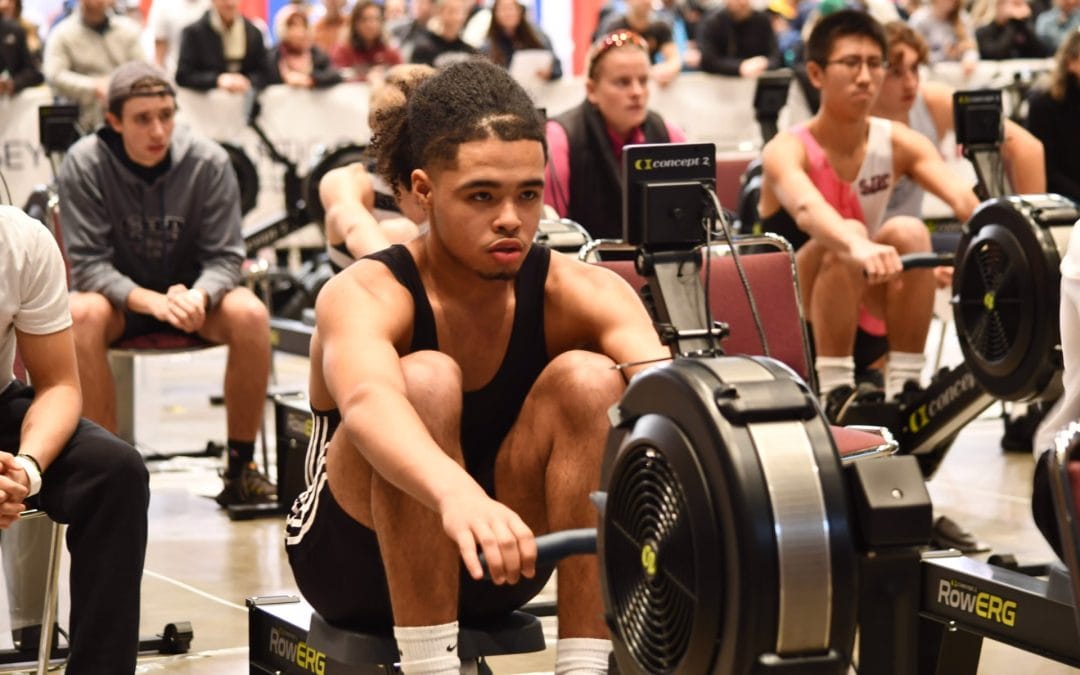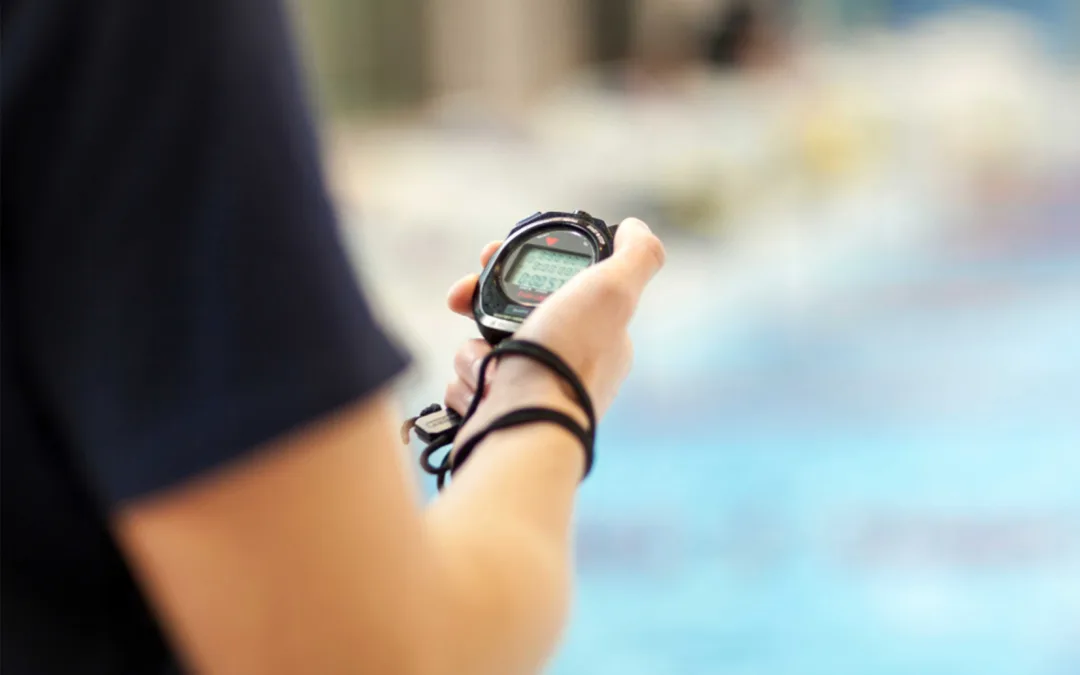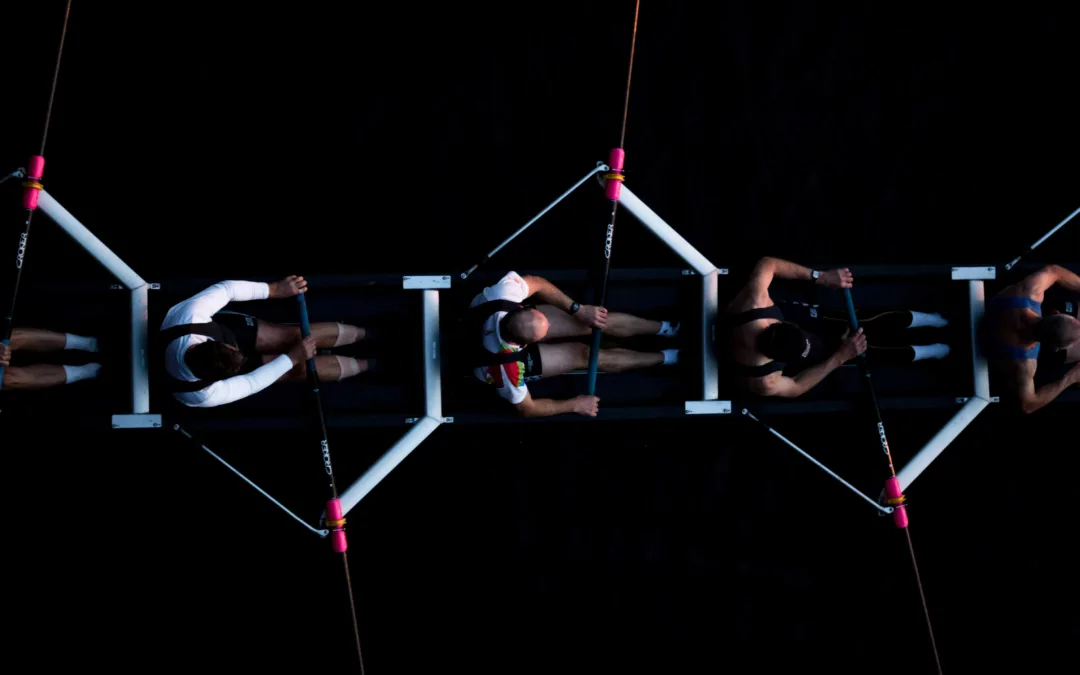How CrewLAB can assist in the flourishing of athletes
First, there are two approaches that can be taken to athlete well-being, one where we attempt to prevent mental well-being issues, and the other where we promote the flourishing of mental health. These articles will be written following the latter approach where we offer tools that coaches can use to get the most out of our athletes.
As coaches we share a common goal, to be successful; however, success can look different from program to program.
For some of us, the goal may be winning nationals, whereas others of us aim to qualify. Despite these differences, the path to get there involves focusing on developing athletes as competitors and people. In recent years, a major push has focused on athlete well-being and its role in athlete development which has been supported by academic research telling us that there are significant relationships between mental well-being and performance.
As most are aware of by now, a component of CrewLAB’s software is the “Check-In” feature, located in the app by clicking the yellow plus icon. This feature asks the athletes three different questions:
- (1) How are you today?
- (2) How’d you sleep last night?
- (3) How did you win yesterday?
When our athletes respond to these questions, the answers populate in the insights tab accessible to coaches in the Coach’s corner website. Access to this information is easy and as coaches provides us with prior knowledge that we may not have otherwise had.
This data can help us determine several important things.
First, do we have athletes who are regularly in bad moods? If so, it may be time to do a check-in. If the athlete is unable to provide details regarding this, checking in with parents could be beneficial. Alternatively, maybe we have a handful of poor erg performances. Using this information, we can determine if our athletes are sleeping – if not, a conversation regarding their life circumstances (stress from school, outside clubs) could be important. In the situation where athletes are sleeping well but underperforming, we should analyze the cycle of training that we are in. Is the load heavy? Should they be tired? As coaches, we use this information to determine what we can do to adjust and maximize training returns.
While this month is a broad introduction to our monthly newsletter, we are finishing off with a list of important resources that we as coaches can explore to ensure we have the necessary skills in place to encourage flourishing at our rowing club.
Keep an eye out for future articles diving further in-depth to specific topics such as the importance of sleep, nutrition, handling difficult conversations, and more.
Coaching Resources:
- US Rowing Coaching Certification – Level 2
- The Hidden Opponent
- American Foundation for Suicide Prevention
- Morgans Message (The Mental Matchup Podcast)
- US Center for Mental Health and Sport
Written by Jessica Brougham





